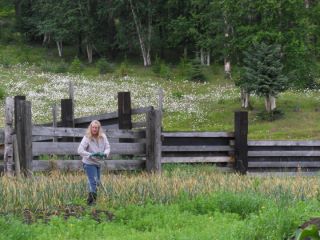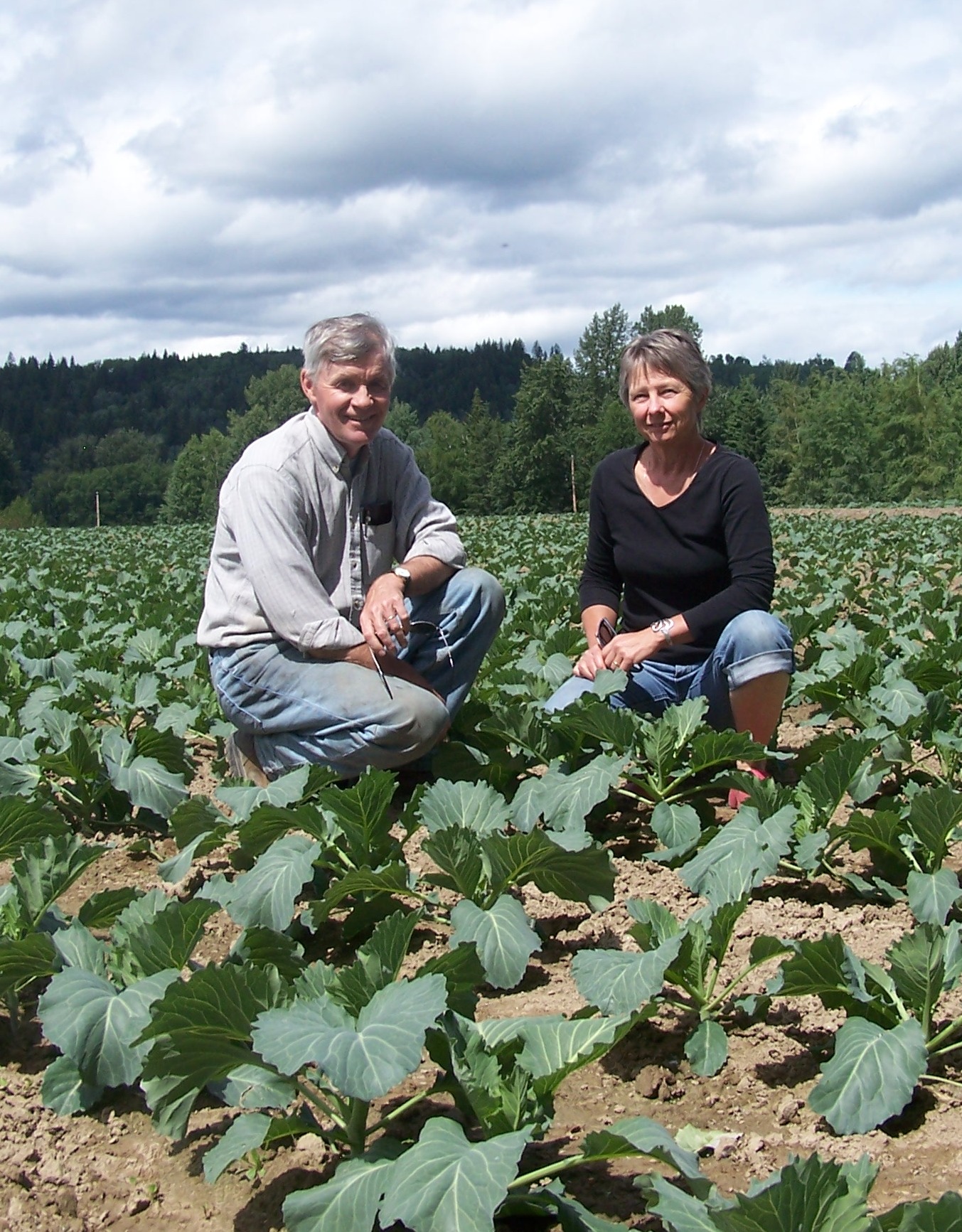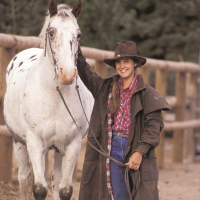Nothing says Christmas like friends and family gathered together for an extravagant meal. Despite the dark and cold December climate, the holiday season is also an excellent opportunity to support your local farmers in the off season.
There are currently five farms that offer turkey in the Beyond the Market online directory, not to mention the thirteen listings for lamb, ten listings for pork, and thirty-one listings for beef. Meat has traditionally played a central role on the holiday table, so why not serve something that has been pasture raised with care, right in your own community? Take pride in serving a quality product to your family, and supporting your local ranchers in the process.
There are plenty of local options for the fixings too. Many farms cellar hardy crops such as potatoes, cabbages, rutabagas, carrots, beets, and parsnips through the winter, providing you access to local produce year round. Communities such as Prince George and Smithers host year round Farmers’ Markets, where you can pick up cellared items as well as flours and honey for baking or homemade holiday sweets and preserves.
Don’t forget the dozens of craft fairs hosted across the north. Many of the artisanal products at craft fairs are made by farming families to supplement their income over the winter. Stock up on handcrafted candies, jams, pickles, breads, cookies, toys, dolls, blankets, knits, soaps, wreaths, and so much more.
For example, Kakwa Ecovillage based in the Robson Valley offers socks made from alpaca wool. Fort Fraser’s Barefoot Sisters craft teas, soaps, and bath products made with herbs from their own garden. Spend some time while shopping getting to know a few of the local merchants.
Of course, the holiday season is a busy time for many. Why not take a break from all the shopping and running around stopping in for a coffee and a bite to eat at any of the fine establishments that put local food on their menus. These include the Beanery 2 Bistro in McBride, Cimo Mediterranean Grill and Sassafras Savouries in Prince George, the BC Historic Café in Hazelton, the Trackside Cantina in Smithers, the Bean on Burrard in Vanderhoof, and several others.
Of course, in the absence of a Farmers’ Market, Craft Fair, or locavore restaurant, don’t be afraid to pick up the phone and call the farm direct suppliers listed in our directory. Avoid the hustle and bustle of stores by buying your food and gifts directly from the producer.
If you are stuck for gift ideas, and the idea of a rutabaga under the tree doesn’t tickle your fancy, consider items that will encourage your friends and family to spend more time in the kitchen and more time together. A good knife set, stock pot and frying pan can last forever and may inspire the chef in your family to prepare healthier meals with whole ingredients. Include your favourite recipe in the card for a very personal touch.


 David and Karen Kellett are no strangers to Prince George food enthusiasts. The husband and wife team is well known both for their tasty carrots and for their generous contributions to the community. David and Karen own and operate
David and Karen Kellett are no strangers to Prince George food enthusiasts. The husband and wife team is well known both for their tasty carrots and for their generous contributions to the community. David and Karen own and operate 





